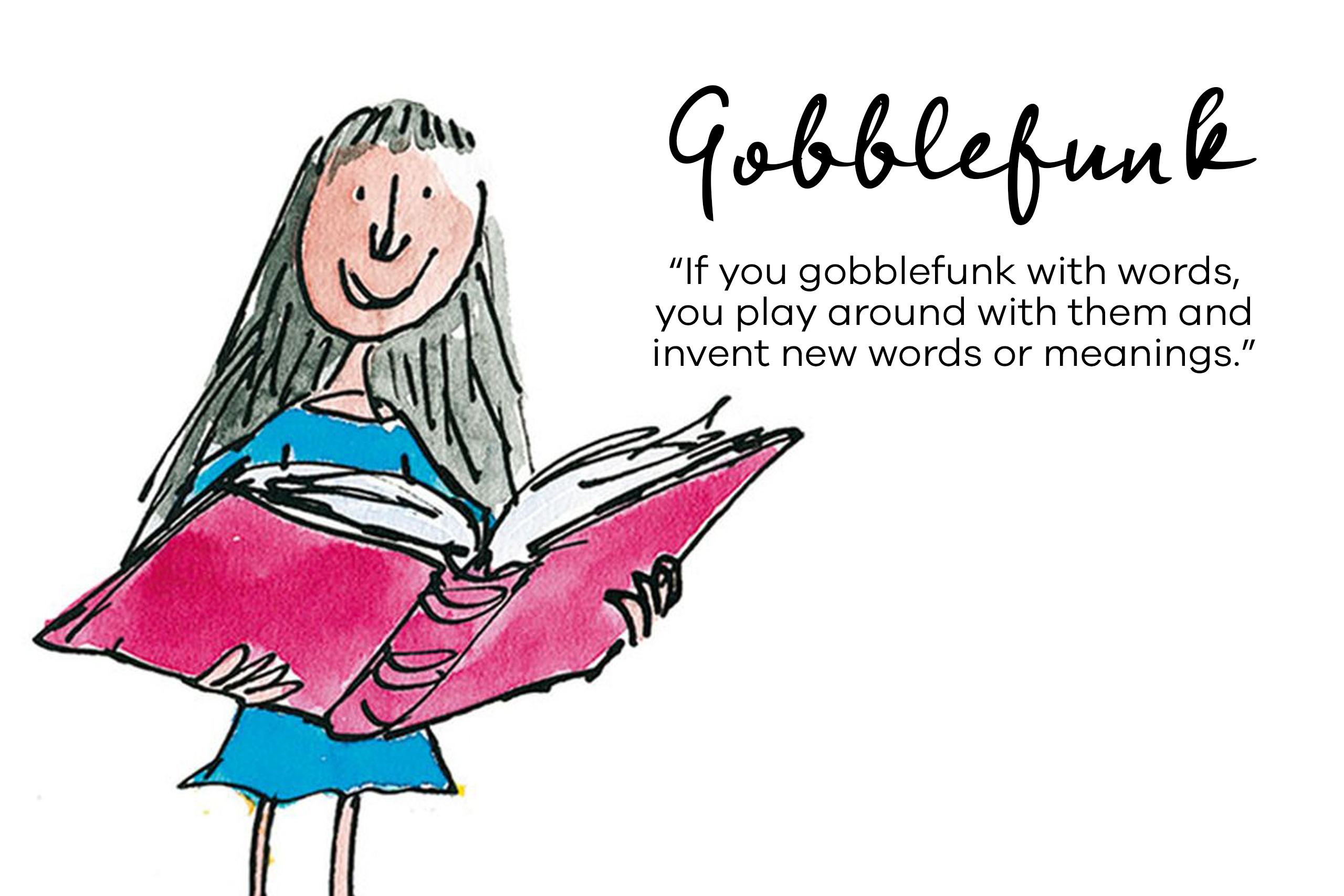Although we don’t specialise in literary translation at Albion Languages, we do appreciate the power books have to create language. Works by renowned British author Roald Dahl have been translated into 63 languages and amassed more than 300 million sales worldwide. Characters including Matilda, The BFG, Fantastic Mr. Fox, Willy Wonka and The Twits have delighted children and adults for generations.
In this blog, we look at how authors such as Dahl have added numerous words to the English language.
The love of learning
Roald Dahl’s writing has bred a love of language and wordplay that stays with his readers throughout their lives. The escapism of his books encourages readers to appreciate the richness and variety of our language.
During his career, Roald Dahl was responsible for introducing more than 500 new words and character names to the world. Who could forget words like scrumdiddlyumptious and splendiferous? Roald Dahl invented hundreds of such weird and wonderful words as part of a language he called Gobblefunk.

What is Gobblefunk?
Dahl built his new words with the building blocks of language, using established patterns of word formation and sound symbolism to ensure that children and grown-ups alike can make sense of these words, even when seeing them for the first time.
He often built new words by swopping prefixes and blending syllables to create words like mispise, poppyrot and sogmire. Dahl particularly enjoyed the word play of alliteration, using terms such as grizzly old grunion, spoonerisms, such as mideous harshland, and the inspired Dahl’s Chickens (aka Charles Dickens).
Dr. Susan Rennie, a lexicographer from the University of Glasgow and compiler of the Roald Dahl dictionary said. “there’s also a wider theme in Dahl’s work of exploring language itself, and language use. The giants in ‘The BFG,’ for example, speak their own dialect. It has its own grammar. He was certainly interested in variations in language.”
The lasting legacy of language
Roald Dahl has been hailed as one of the greatest storytellers for children of the 20th century. He pioneered an un-patronising style of writing, speaking to children as worldly and aware and offering them stories in which children succeed. His works create incredible worlds and show readers the immense power of language.
Few writers have influenced language in literature as Dahl did. JK Rowling is one of the few to come close with her Harry Potter series, with her language of magic having a major impact on culture since its inception in 1997. These works of literature demonstrate that language can be moulded and that authors are often the ones to introduce new words into our vocabulary.